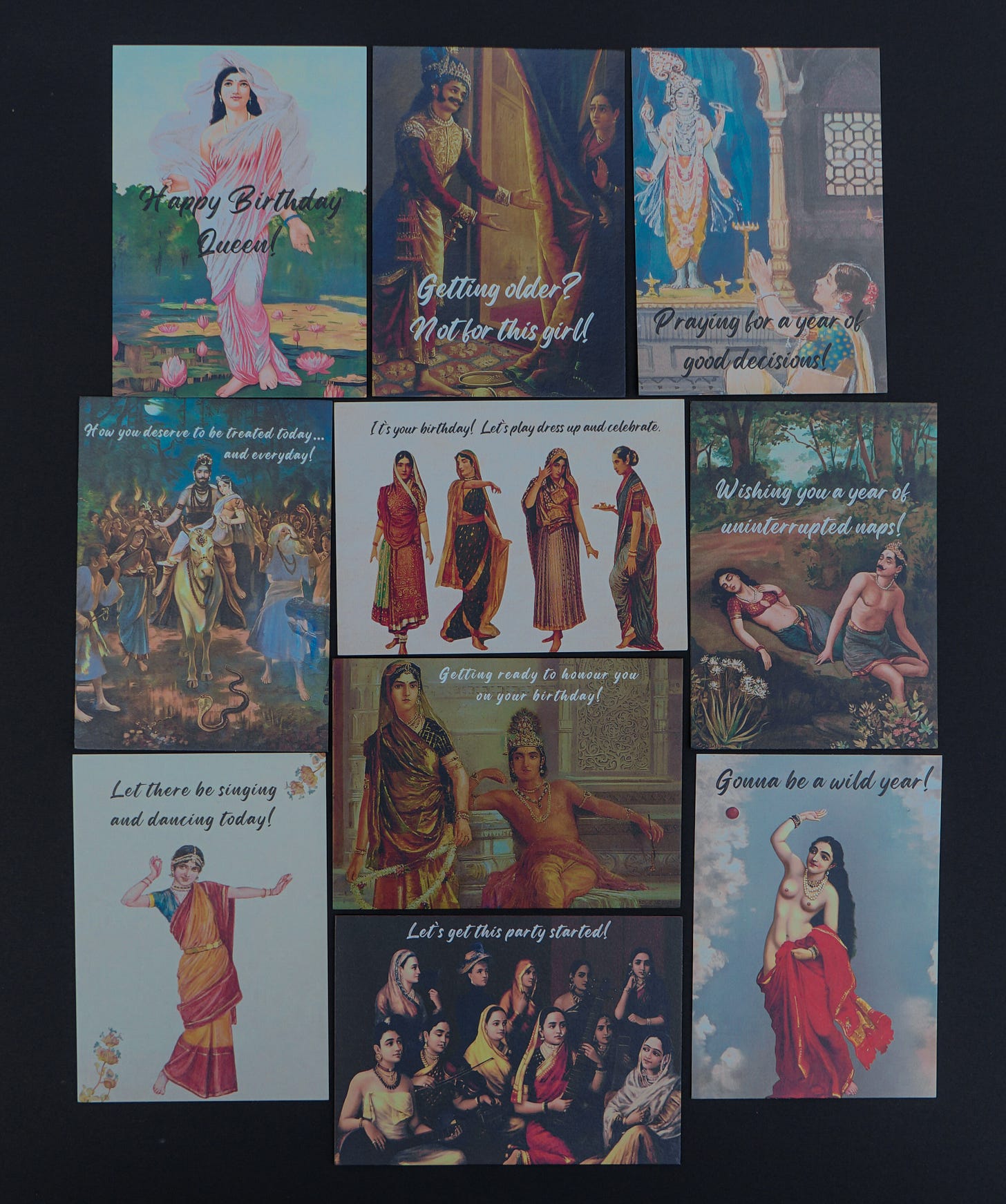When the American essayist Joan Didion lost her husband to a sudden heart attack during a family dinner, she began to write an account of his death and the year following it, navigating her grief, disbelief, and the gradual return to normalcy (in as far as any normalcy is possible after such a loss). In this book, she reflects, “…when we mourn our losses we also mourn, for better or for worse, ourselves. As we were. As we are no longer. As we will one day not be at all.” It is almost a perfect description of the state of exile — an aching realization that we have not only lost a home, but a version of ourselves that we were at home, and that we will no longer be, the sense of displacement and foreignness a new permanent feature of our identity. Exile, whether imposed or self-inflicted, creates an even stronger connection with our roots even as we try to rebuild and reinvent ourselves.
Perhaps the first name that comes to mind when we think of exiled poets is Agha Shahid Ali (1949-2001). Shahid Ali was born in Kashmir and educated in Delhi as well as the United States, where he eventually settled and lived until his untimely death. His poems are redolent of memories of his homeland, Kashmir, and a permanent sense of loss — of home, of loved ones and of an identity. In his poem “By the Waters of the Sind,” he talks about the most painful division in the subcontinent between India and Pakistan and reminds us that a river can still tear through man-made boundaries, uniting what has been divided and joining the fates of people on either side of the border. Tied to this division is a story of personal separation, the loss of his mother and his own identity as a son.
Although far removed in time, another exiled poet, Bahadur Shah Zafar, wrote of the loss of home. The glory of the Mughal Empire had already begun a steady decline by the time Bahadur Shah Zafar ascended the throne in 1837. He was well into his sixties and had witnessed the rise of the East India Company from traders to colonialists. Despite that, his court shone in the arts. He gave patronage to a great many poets of Urdu, Farsi, Braj Bhasha, and Punjabi. He himself was a writer and poet, often writing wistful poems about Sufism, the human condition, and his many misfortunes. Later in life, he was exiled to Burma (present-day Myanmar), where he is buried in a tomb that is a Sufi shrine in its own right. His lamentation on not being able to be buried in his home is captured in his heartbreaking poetry.
Perhaps home is not a place at all but a memory of who we were, difficult to recreate and impossible to forget.
With Love,
Team Daak
Want a put a smile on someone’s face? Check out our cheeky postcards that offer a fun and light-hearted take on timeless works of art from South Asia!





